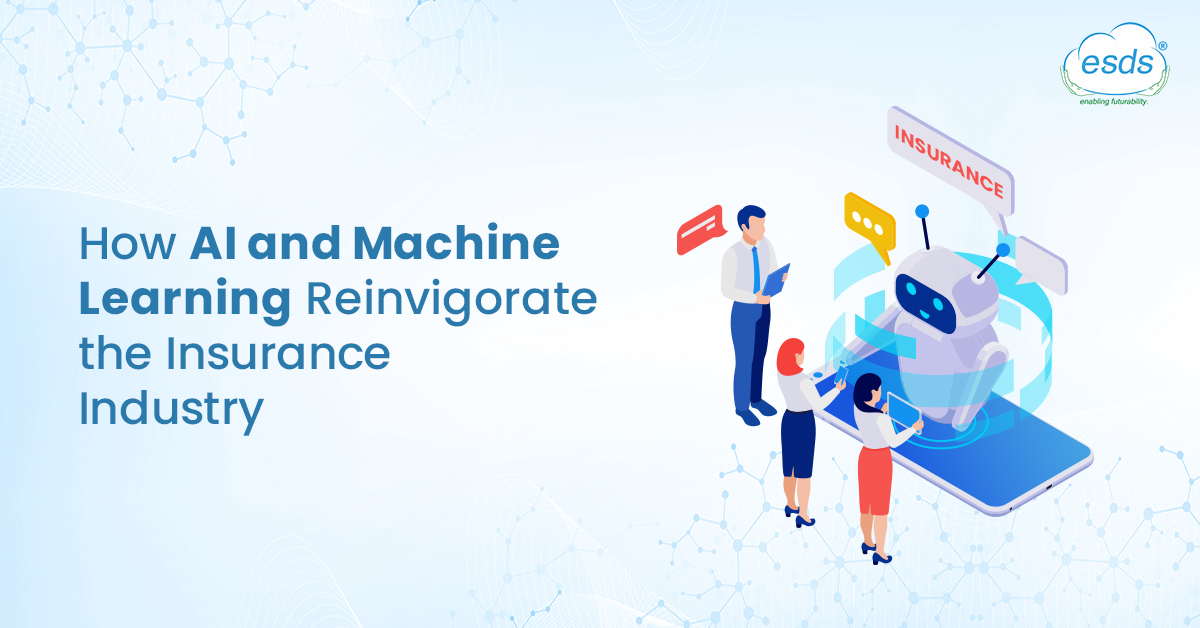In today’s age, with cyber-attacks and data breaches
on the rise, business heads find it challenging to manage the security of
user’s critical data and applications. There are also numerous instances of
privilege escalations, primarily due to incorrectly defined roles and
responsibilities.
Over the years, various forms of cyberattacks and data breaches have resulted in large monetary and non-monetary losses to enterprises. To ensure a robust and secure digital security posture, ESDS Managed Security Services serves as a one-stop solution for all security-related needs. ESDS’ Managed Security Services portfolio comprises everything an enterprise requires to ensure complete security of applications and data against online threats and vulnerabilities.
ESDS eNlight WebVPN
With ESDS eNlight WebVPN, enterprises get a clientless, highly Scalable, and available VPN Solution. eNlight WebVPN allows employees to securely and easily access their remotely hosted applications. Besides a Scalable solution, eNlight WebVPN is also a cost-effective and SSL VPN Solution that can be accessed from any location using web browsers. eNlight WebVPN offers its users an intelligent & Cloud-based VPN solution that comes with a built-in WAF for providing Layer 7 Security. This WAF protects web applications from OWASP Top-10 and other significant online vulnerabilities.
Why ESDS eNlight WebVPN?
With ESDS WebVPN, you get the following notable, value-added benefits-
1. Clientless SSL WebVPN Solution
2. Granular Access Control
3. Cost-Effective & Secure VPN Solution
4. In-built WAF for Protection Against OWASP Top-10 & Other Vulnerabilities
5. 24x7 Exuberant Support
To know more about ESDS eNlight WebVPN, visit- https://www.esds.co.in/enlight-webvpn
ESDS Privileged Access Management (PAM) Solution
There have been numerous examples of escalated risks and misuse of access-based permissions for gaining unauthorized access in any enterprise. Unmanaged user accounts often serve as an exposed vulnerability that can be easily exploited by malicious actors present within & outside the organization. To prevent such unwanted privilege escalations & illegal accesses, ESDS has developed a smart and controlled access PAM Solution. With ESDS’ PAM solution, enterprises can overcome all forms of security risks, enhance their compliance requirements through constant monitoring of user-privileged activities. ESDS deploys stringent security policies, which helps in controlling major breaches and data leaks. With ESDS, the IT Security Teams get a centralized policy framework for allowing privileges based on user roles & responsibilities.
To know more about ESDS PAM Solution, visit- https://www.esds.co.in/privileged-access-management
Get in touch with Team ESDS if you also wish to avail enhanced cybersecurity protection against online threats & attacks
For more information, contact Team ESDS through-
Email: getintouch@esds.co.in | Toll-Free: 1800 209 3006 | Website: https://www.esds.co.in/



